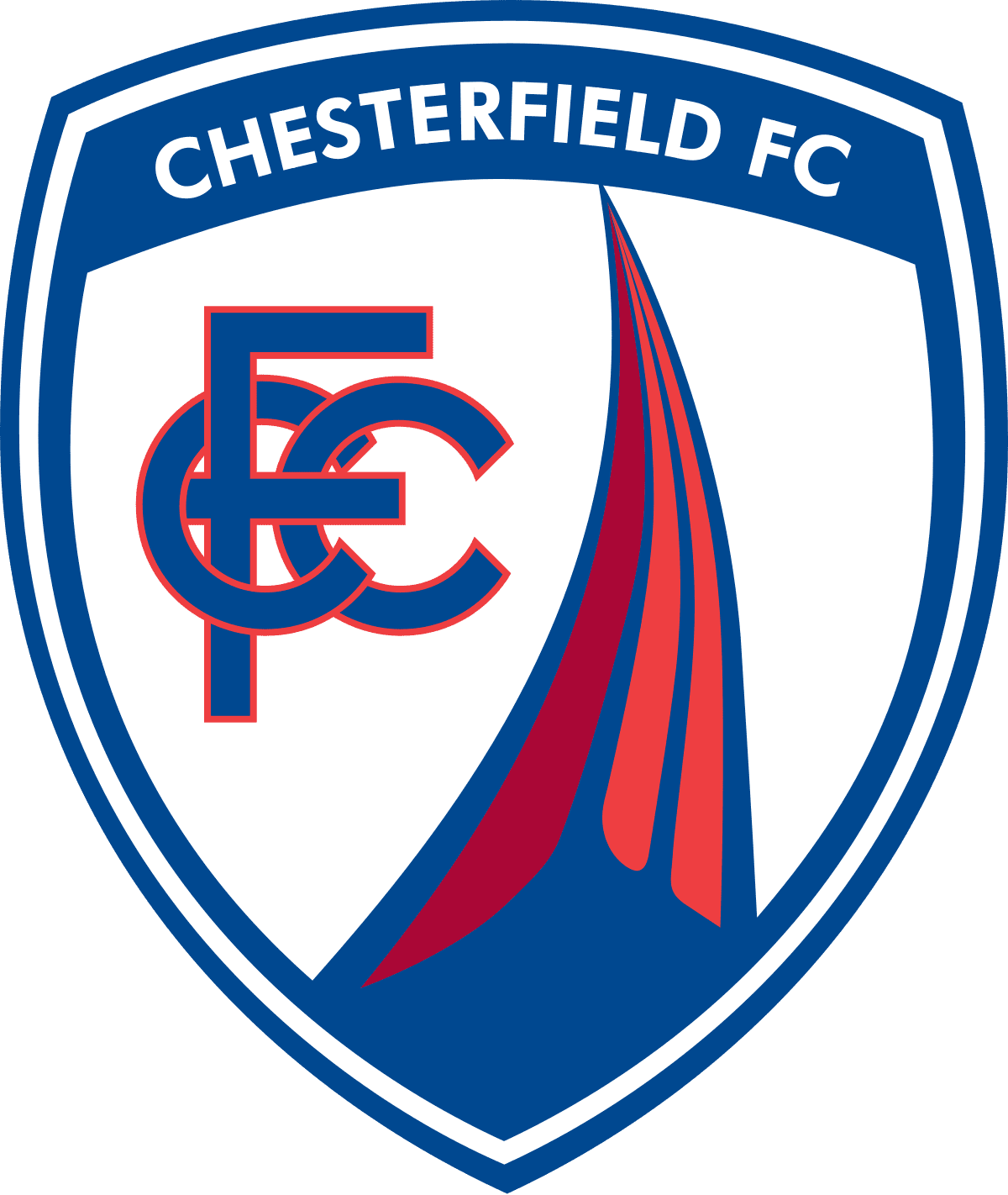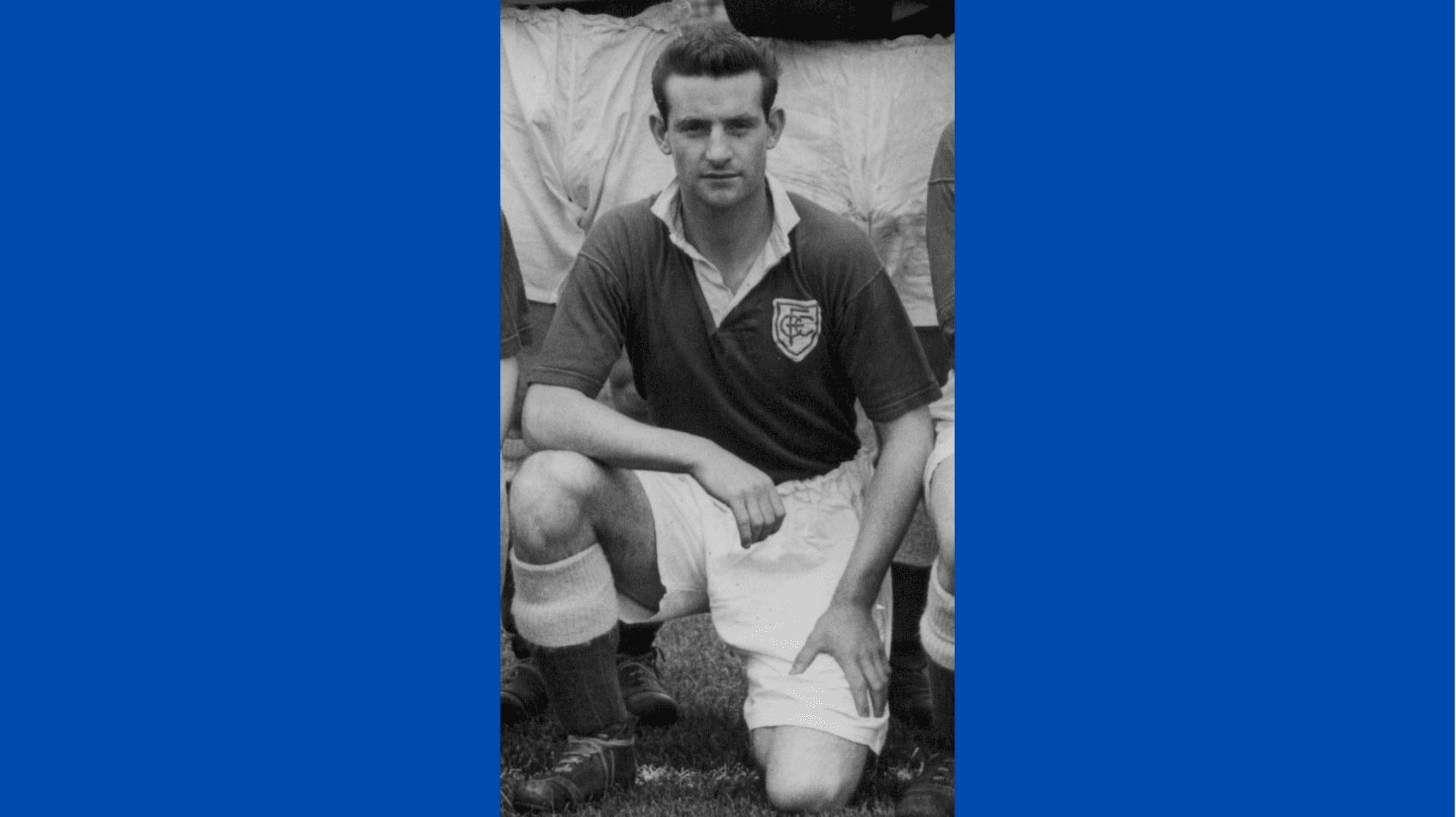Word reaches us of the death of George Ryan, a Spireite in the mid-1950s.
Born and brought up in Glasgow, George found it necessary to travel to progress as a footballer, but also found his home town would pull him back, from time to time. National Service with the RAF saw him stationed in Hampshire and playing for Andover Town around 1950. He spent time with Hull City on amateur forms a year later but was playing back in Glasgow Junior football when Sheffield United offered him a route into the professional game in 1952.
After a season with the Blades he returned to Glasgow, to sign for the Third Lanark club. A consistent performer with their reserves, he found his way to the first team blocked by established players and opted to move back to English football in the summer of 1954. Accrington and Darlington were among those interested, but he chose to sign for Chesterfield.
He enjoyed a winning debut, helping the Spireites to occupy third place in the Third Division (North) after beating Grimsby Town 1-0, but he didn’t play again for two months, by which time the club had slipped to halfway in the table and tried four other players in George’s natural position of centre-forward. One of these was Bill Sowden, a £1500 buy from Manchester City, who came to own the number 9 shirt as the 1954/55 season developed.
George stalled on three Football League appearances for Chesterfield. He played nine times for the reserves, scoring four goals, but was allowed to move to Wisbech Town, in the Midland League, in January 1955. He scored freely for them for the remainder of the season and the next, and was snapped up by their neighbours and rivals King’s Lynn, in the summer of 1956. He was on the move again that December, joining Berwick Rangers, for whom he played four times in the Scottish League, scoring once.
George joined Albion Rovers in 1957, playing six times and scoring twice. Throughout his time as a footballer George remained semi-pro, following the trade of a painter and decorator, but after leaving the game behind he became a machine operator at the Albion Works in Scotstoun, producing commercial vehicles, and was working for his local council before retirement.
We extend our condolences to George’s friends and family.




